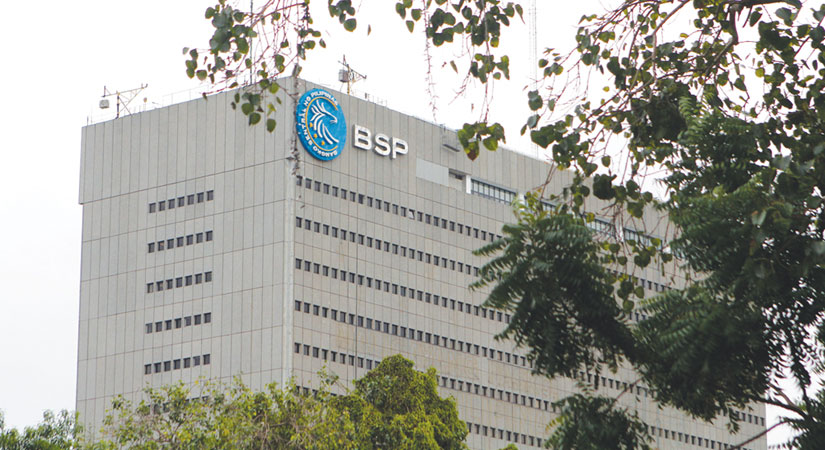
THE CENTRAL BANK is asking the government to allow banks to operate satellite broadband to help boost their operations and give their clients better access to financial services.
This was the central bank’s input for the proposed implementing rules and regulations (IRR) for Executive Order (EO) 127, which gives registered internet and value-added service providers access to satellite systems to build broadband facilities even without a congressional franchise.
“One such input is to allow banks or a consortium of banks to register under EO 127 so they can operate their own satellite broadband for their operations for the benefit of their consumers,” central bank Governor Benjamin E. Diokno said at an online briefing on Thursday.
“[It could also be] banks in conjunction with other local financial service providers. The more open it is, the less constrictions there are, the better,” he added.
Under EO 467 signed by former President Fidel V. Ramos which was amended by EO 127, only enfranchised telecommunications entities authorized by the National Telecommunications Commission and broadcast service providers are given access to international fixed and mobile satellite systems.
“By leveraging liberalized access to satellite technology, banks and other financial service providers in remote areas may now be able to put up more access points such as automated teller machines, cash agents, and branch lite operations,” Mr. Diokno said.
“They can also offer digitalized payment transaction services accessible via the internet,” he added.
Bangko Sentral ng Pilipinas (BSP) Financial Inclusion Office Acting Deputy Director Cesar Augusto E. Villanueva said the BSP contributed to the crafting of the IRR as head of the government’s Financial Inclusion Steering Committee, which aims to bring more Filipinos into the formal financial system. He added that they are still waiting for updates from the Department of Information and Communications Technology.
“The IRR was supposed to be issued last April 10 but there was a slight delay, because there was a request for extension from the Philippine Space Agency because it wants to submit its comment,” Mr. Diokno said.
Internet penetration in the country is uneven across Luzon (60%), Visayas (40%, and Mindanao (30%), based on the BSP’s 2019 Financial Inclusion Survey. Mr. Diokno believes satellite technology will help “rural areas where setting up terrestrial infrastructure is not economically justifiable.”
“With EO 127 in place, we expect to bridge the digital divide in the country as it enables the deployment of infrastructure for areas that are currently unserved or underserved by incumbent providers,” he said.
The central bank wants 70% of adult Filipinos to be part of the financial system by 2023, from about only 29% in 2019.
It also targets a cash-lite economy in 2023 where digital payments make up 50% of total transactions both in terms of volume and value. — L.W.T. Noble

